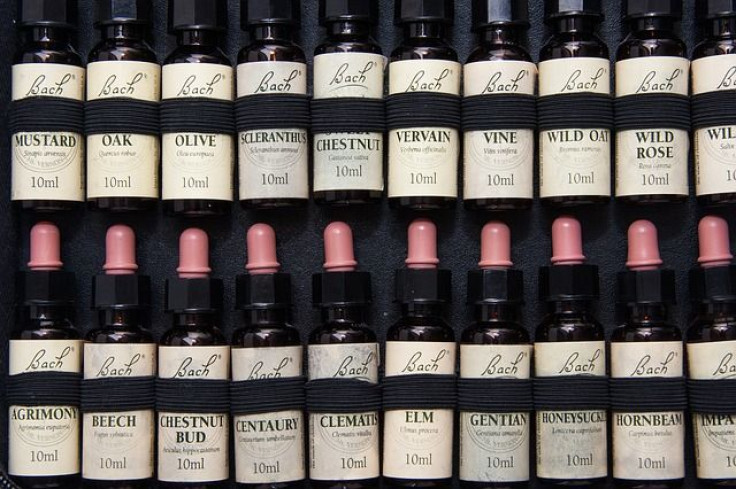Alternative Medicine: Homeopathic Remedies No More Effective Than Placebo Sugar Pills

Every year during flu or allergy season, we see dozens of people lined up outside health stores looking for healing alternatives to traditional medicine. Despite homeopathy’s questionable reputation, 3.3 million Americans have spent about $3 billion on homeopathic remedies. This begs the question: Could homeopathy hold the key to the future of medicine, or is it just quackery?
In the latest Reactions video, a series by the American Chemical Society, scientists have shown while homeopathy has been around for about 200 years, science has progressed, and has gradually attempted to undermine the three foundations of this alternative medicine.
"Homeopathic medicines are based on a few theories of disease distinct from conventional medicine," according to Reactions.
The most popular of these theories is "like cures like.” The principle behind this belief is we can cure what ails us with the exact thing that ails us. The idea is if something gives us a rash, that same thing can be used to treat the rash.
German doctor Samuel Hahnemann, who first coined the term homeopathy in 1807, believed when a substance in larger doses caused certain symptoms, in small doses it could cure those same symptoms. For example, a homeopathic remedy for sleeping difficulty is coffee cruda — very diluted amounts of unroasted coffee beans. Dilution, reducing the concentration of something, is the second principle of homeopathy.
Hahnemann thought a sick person only needed a very small amount of an active ingredient to cure their ailments. He used a dilution scale that increased by factors of 100, a scale denoted with the letter "C.” The "C" is usually seen on a homeopathic label.
So, typically when it comes to making coffee cruda, put one drop in the vial containing nine drops of water, then take a drop from that vial, and put it in another vial with nine drops of water 60 times. However, by the sixtieth vial, we would have diluted your coffee so much so that there really isn't any left.
Statistically speaking, beyond the dilution of 13C, researchers have zero chance of finding a single molecule of the active ingredient in the vial. However, during this time, the concept of atoms and molecules as fundamental units of matter wasn't really developed. Hahnemann didn't know we could dilute something until it's effectively gone.
Lastly, the third principle of homeopathy is water can somehow remember what has dissolved in it, and pass the effects of those absent molecules onto us. However, there has been no evidence for this phenomenon, which goes against the principles of physical science.
In a 2015 report from the Australian National Health and Medical Research Council, researchers reviewed the results of about 200 studies on the effectiveness of homeopathy. After looking at the evidence, they concluded homeopathic remedies are no better than a sugar pill, or a placebo. The studies that did show the benefits of homeopathy had flawed methodologies.
Further, the U.S. National Institutes of Health states:
“Several key concepts of homeopathy are inconsistent with fundamental concepts of chemistry and physics. There are significant challenges in carrying out rigorous clinical research on homeopathic remedies.”
It seems the idea to cure what ails us with whatever ails us isn't fool-proof after all.



























